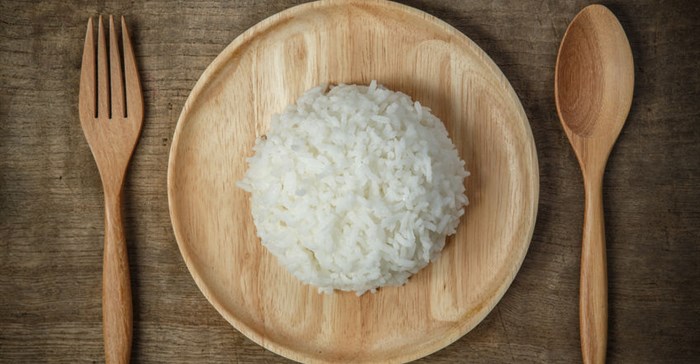
Top stories




Marketing & MediaAds are coming to AI. Does that really have to be such a bad thing?
Ilayaraja Subramanian 22 hours


More news
















But as the food group battles economic headwinds in many markets, it says that volume growth, responsible pricing, cost containment, and a much increased investment in marketing have helped boost profits in the interim results period to March.
"We still have significant inflation to come on the shelf for maize. It is our expectation that people will eat less over the next six months," Noel Doyle, who had until recently been acting CEO, said on Tuesday.
However, Doyle, who has reverted to his role as group chief operating officer, said some consumers would switch their intake of carbohydrates to competitively priced rice products that the group imported from India, as maize prices continued to nearly double over 18 months.
Doyle said a much weaker rand had affected group revenues by only 2% in the period. Total turnover rose 9% to R15.9bn, while group operating profit rose 7% to R2.1bn from the same period last year.
Headline earnings per share from continuing operations remained unchanged for the first six months, even as profit shot up 44%.
This came as the final costs from its ill-fated Tiger Branded Consumer Goods - formerly Dangote Flour Mills - venture in Nigeria still weighed on the company.
Income from associates of R371m, which included a capital profit of R72m relating to the disposal of certain assets by its Chilean interests, had rocketed 56% compared with the previous year, reflecting a strong underlying performance by all associate companies, the group said.
Tiger Brands declared an interim dividend of 363c, which was 7% up from the same period previously.
The home, personal, and baby care division saw strong growth, with revenue up 27% in the period to R1.3bn and operating profit up 20.7%.
Apart from Nigeria, the exports and international division also posted generally good revenue growth. Doyle said the group's Ethiopia business had done well. Meanwhile, Kenya operations had recovered after its subsidiary Haco submitted crooked figures in its interim results to March last year.
Departing chief financial officer Funke Ighodaro, who resigned ahead of the arrival of Lawrence MacDougall earlier this month as the new CEO of SA's largest food producer, said on Tuesday the results were decent, despite a sustained difficult operating environment.
But the group said it also expected the macroeconomic outlook - both for the domestic market, where it derives a significant portion of its revenue, as well as for a number of other African markets - to continue to pose "immense challenges and put further pressure on consumers".
These markets include Nigeria, where the naira's rout on the back of slippery global oil prices has crimped consumer spending.
Ian Cruickshanks, chief economist at the South African Institute of Race Relations, said on Tuesday that the company's increasingly important Mozambican market had been upended by a lack of foreign currency and the government's failure to honour a sovereign guarantee behind a multimillion-dollar loan taken out by a staterun company to build shipyards that had not been constructed.
He said that, "In Mozambique you cannot get foreign exchange except in unofficial (currency) markets at a big premium above the (official) exchange rate". This would dampen consumer sales, he said.
MacDougall said the company had sustained overall market share, underpinned by the strength of its brands and the experience of its management teams.
"I think we have to focus on the (South African) market and make sure that it is stable - to secure the base of our brands," he said.
MacDougall would soon go to Nigeria to see how Tiger Brands could optimise its remaining Deli Foods biscuit business. He said the market there still held great promise. "You ignore Nigeria at your peril," he said.
Source: Business Day

For more than two decades, I-Net Bridge has been one of South Africa’s preferred electronic providers of innovative solutions, data of the highest calibre, reliable platforms and excellent supporting systems. Our products include workstations, web applications and data feeds packaged with in-depth news and powerful analytical tools empowering clients to make meaningful decisions.
We pride ourselves on our wide variety of in-house skills, encompassing multiple platforms and applications. These skills enable us to not only function as a first class facility, but also design, implement and support all our client needs at a level that confirms I-Net Bridge a leader in its field.
Go to: http://www.inet.co.za